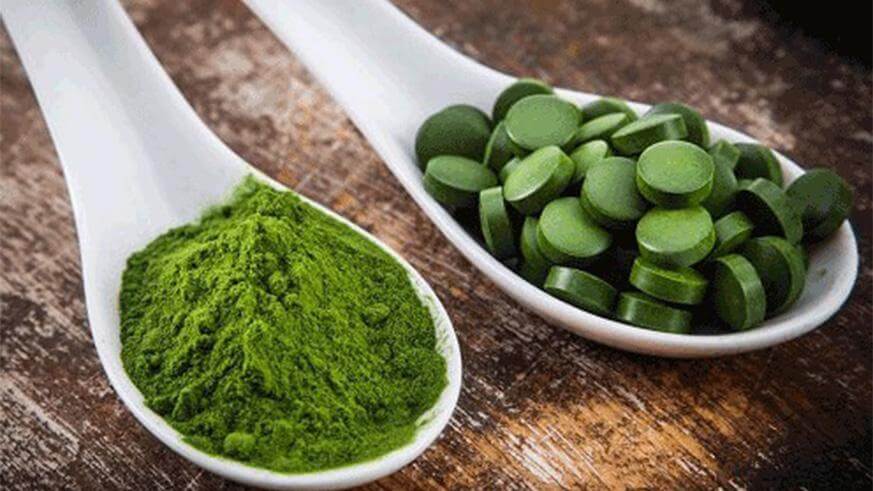Hypothyroidism is a medical condition characterised by the underproduction of thyroid hormones.
The thyroid glands are a butterfly-shaped organ that’s located in the neck area. Although they are small, they produce vital hormones like:
- Thyroxine (T4)
- Triiodothyronine (T3)
The thyroid produces more T4 than T3, but the latter is more potent than the other. Either way, the production of these hormones works in a feedback loop:
- In the brain are the pituitary gland and the hypothalamus. The latter secretes the TSH-releasing hormone (TRH). It stimulates the pituitary gland to create thyroid-releasing hormone (TSH).
- TSH then “tells the thyroid” to produce the hormones.
- When the levels of these hormones are ideal, the pituitary gland then reduces or stops producing TSH.
Over the past few years, spirulina has become a byword among health enthusiasts, and one of its possible benefits is in treating or managing hypothyroidism.
When a person has hypothyroidism, the thyroid glands fail to produce enough hormones for the body. It then forces the pituitary glands to keep on releasing TSH. For this reason, endocrinologists who suspect you have the condition may conduct a TSH test.
The role of thyroid hormones and iodine
Why is it necessary for you to maintain the ideal thyroid hormone levels? It’s because these can help regulate many of your body functions, such as temperature, metabolism, and even brain health.
Some of the common symptoms include:
- Hair loss
- Feeling of coldness
- Weight gain (and difficulty in losing weight)
- Dry hair
- Muscle cramps
- Fatigue
- Brain fog
- Irregularities in menstruation
Studies showed a strong connection between mental health disorders like anxiety and hypothyroidism. Women with the condition may also be at risk of infertility.
Hypothyroidism can happen for many reasons. An example is an autoimmune disease that results in the inflammation and damage of the thyroid. The problem may also be in the brain, particularly the pituitary or the hypothalamus.
One of the common causes is iodine deficiency. Iodine is a trace mineral, which means you do not need a lot of it. However, the thyroid glands use it to combine with tyrosine, an amino acid, to form the hormones.
How algae can help
Spirulina is a single-celled organism that is also blue-green algae. It’s high in chlorophyll, which is responsible for its green colour.
It contains several nutrients, and one of these is iodine. The amount of it present in your supplement depends on the brand and concentration.
Usually, it can supply up to 10% of your daily needs. You can get the others from whole foods, such as fish or even eggs.
Spirulina also contains C-phycocyanin, which is an antioxidant. It makes the algae helpful in modulating inflammation.
It’s also a complete source of amino acids. In other words, it has all of the building blocks of protein, including tyrosine. It’s also an excellent non-meat protein source. This macronutrient helps normalise thyroid function by delivering hormones all over the body.
Here is the caveat
Hormone production needs a delicate balance of nutrients, including iodine. It is best not to take anything without the recommendation, approval, or discussion with your doctor.
Nevertheless, the blue-green algae could have a lot to offer. You do not need even a lot of it daily to improve your thyroid function.
Knowing that spirulina can help, it’s important that you do not put your thyroid issues aside. By not doing anything, you may only be endangering yourself. If you wish to go the healthy route, you can always try spirulina powder from Tropeaka. They have a wide range of health and wellness products that you can try and use.

